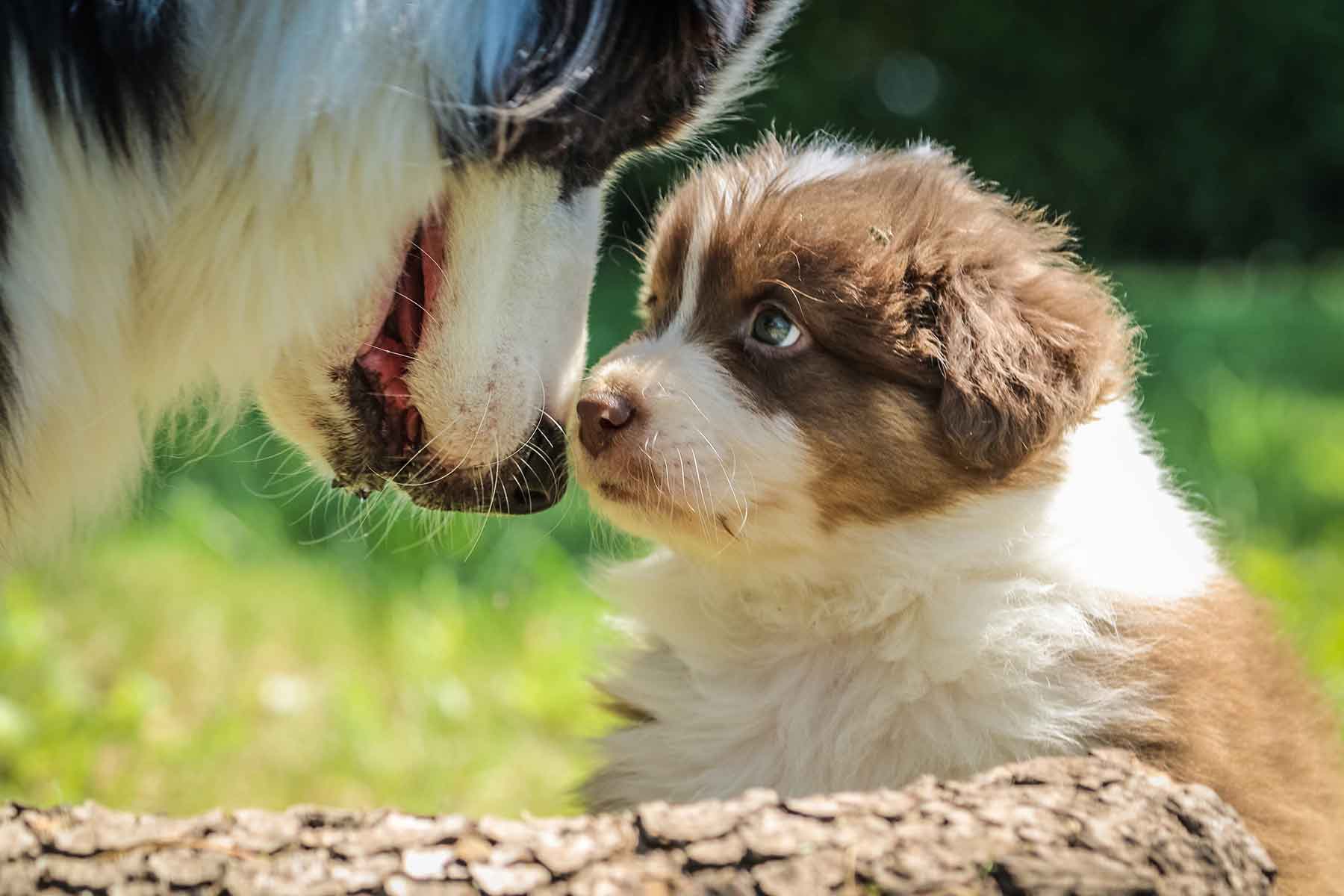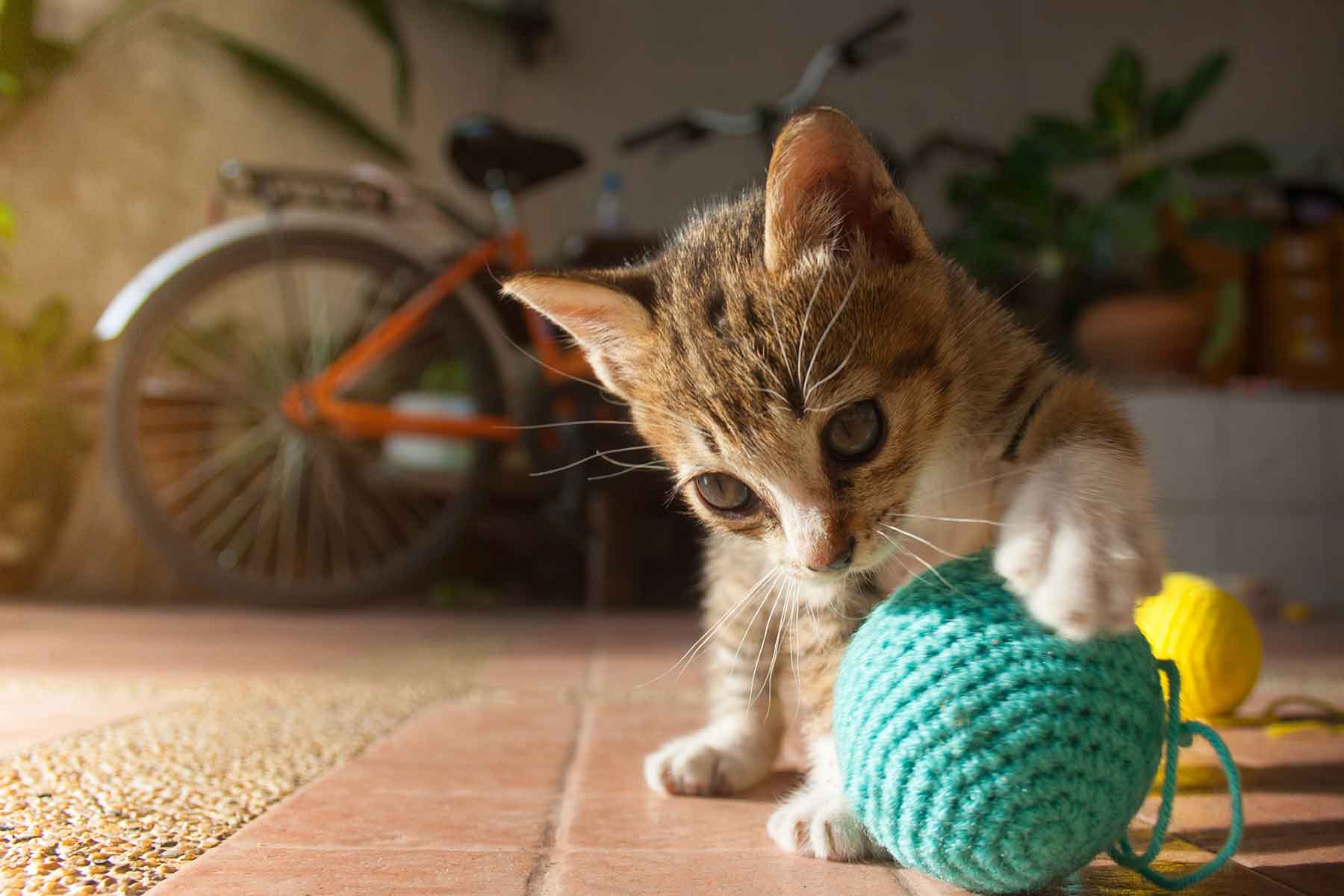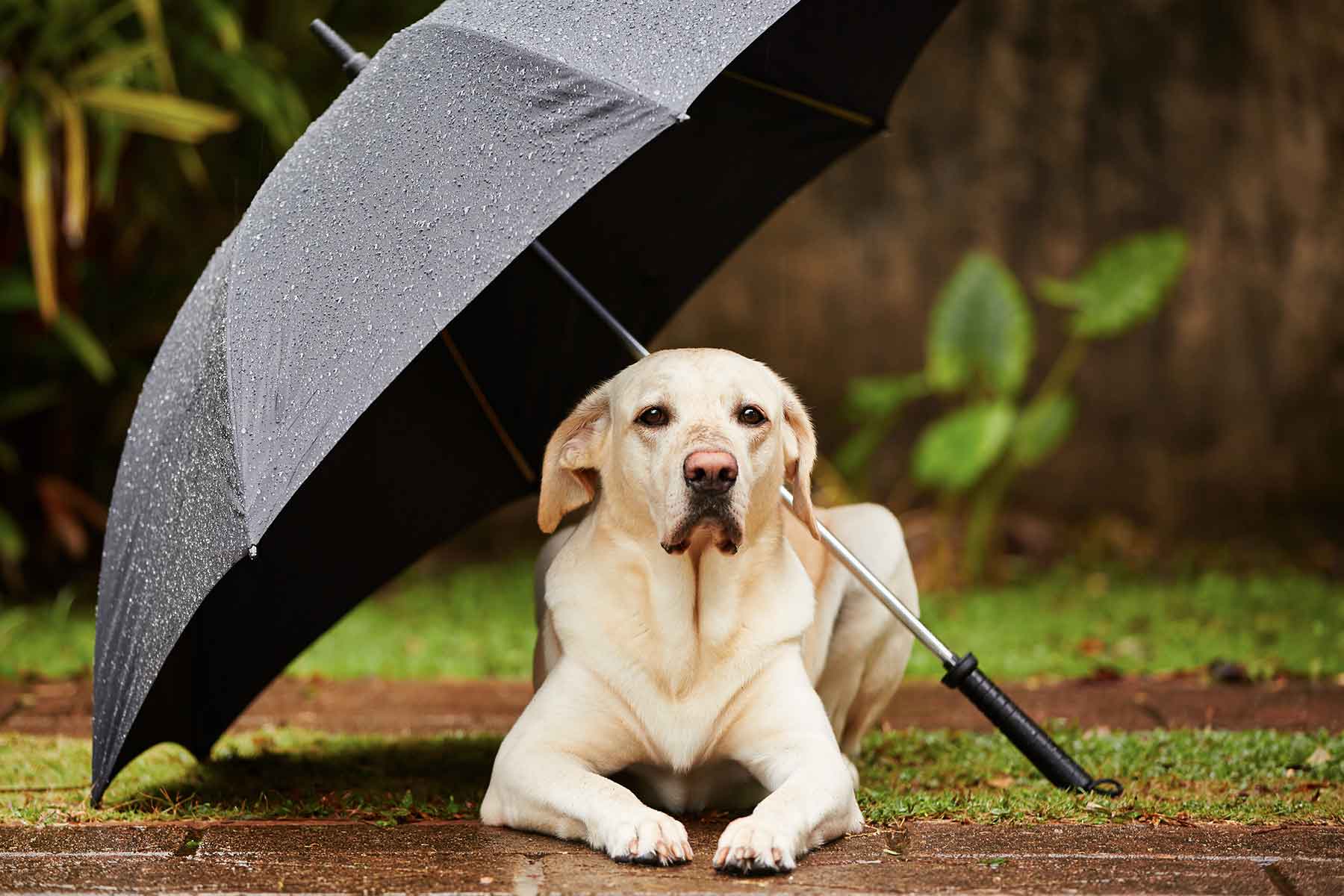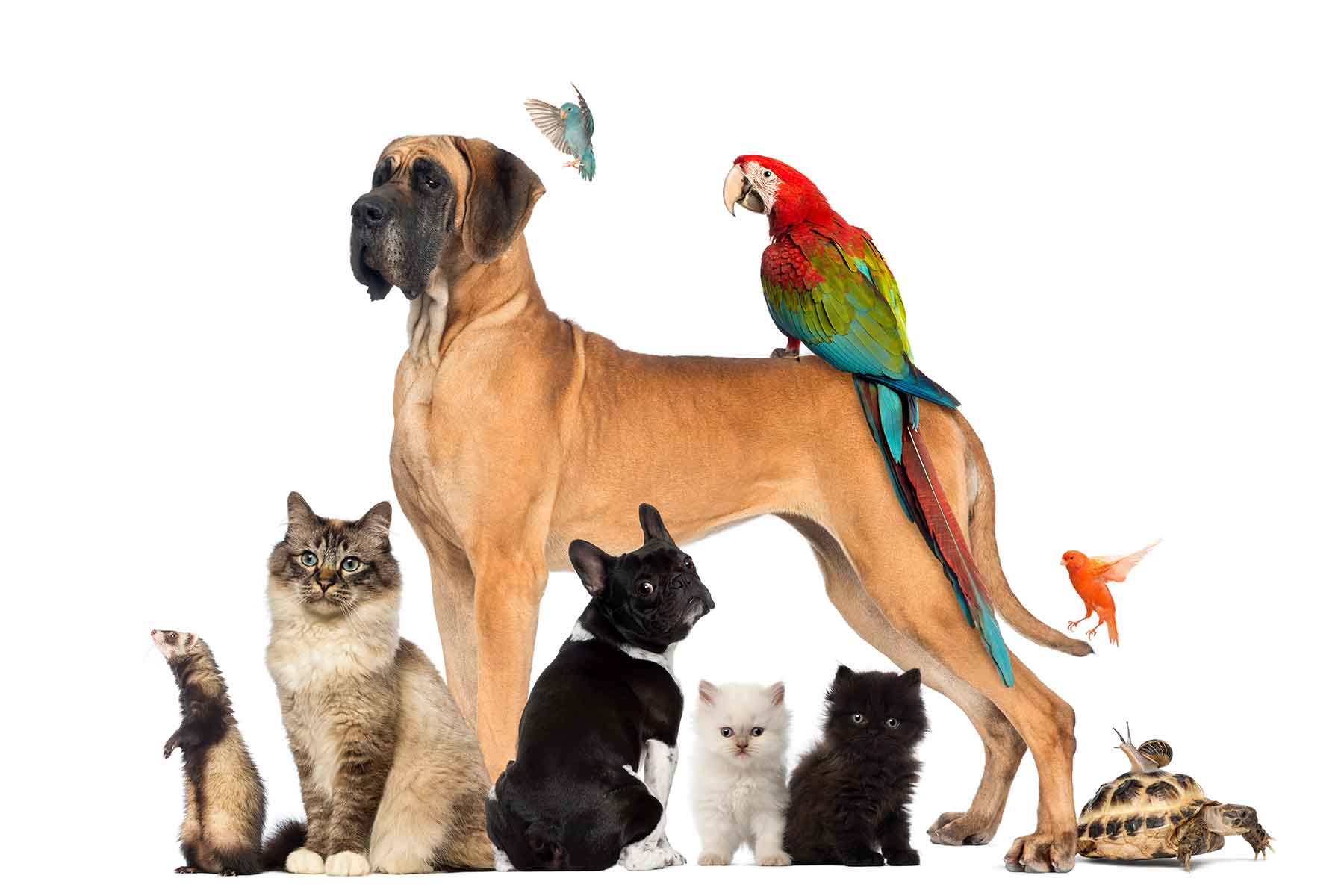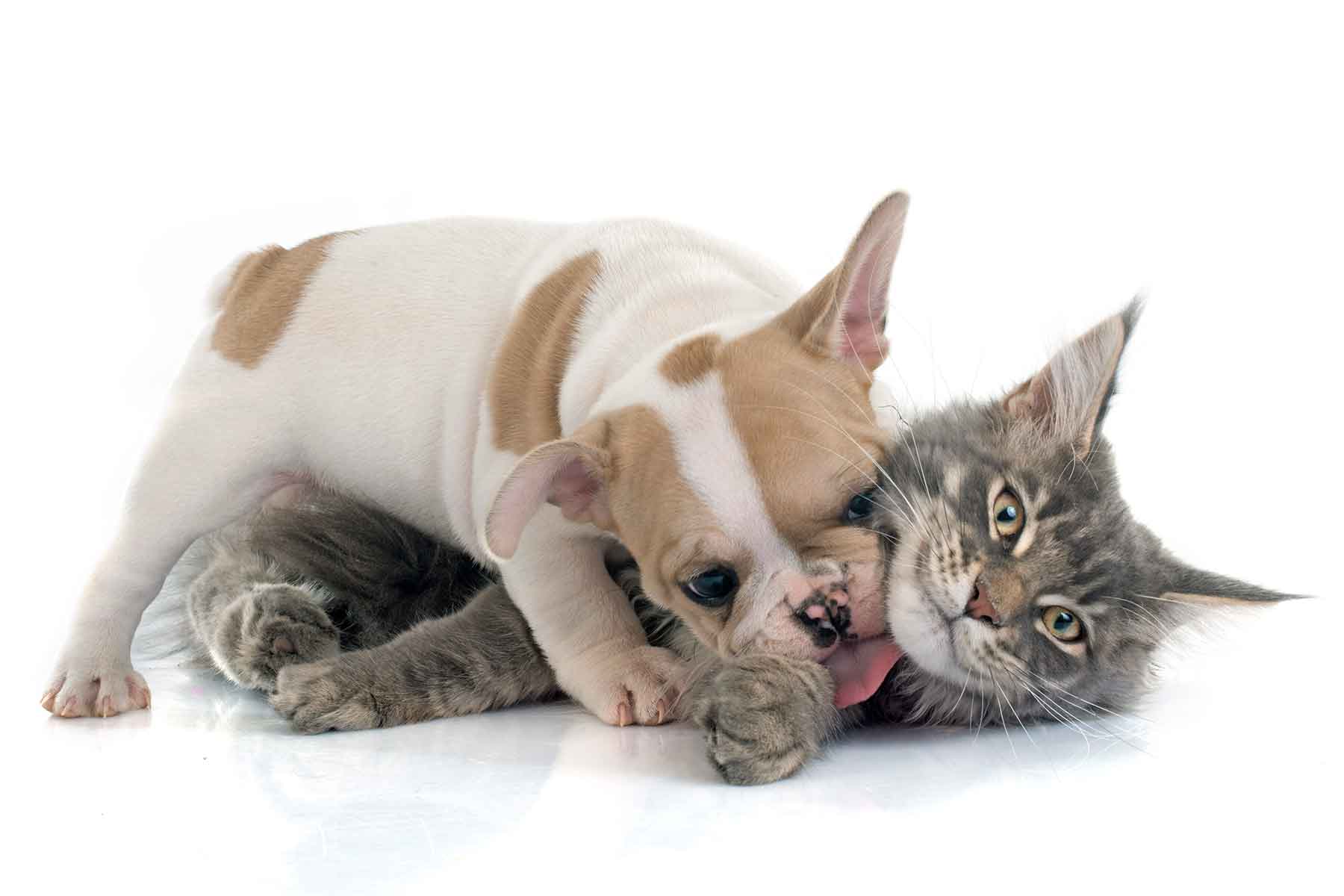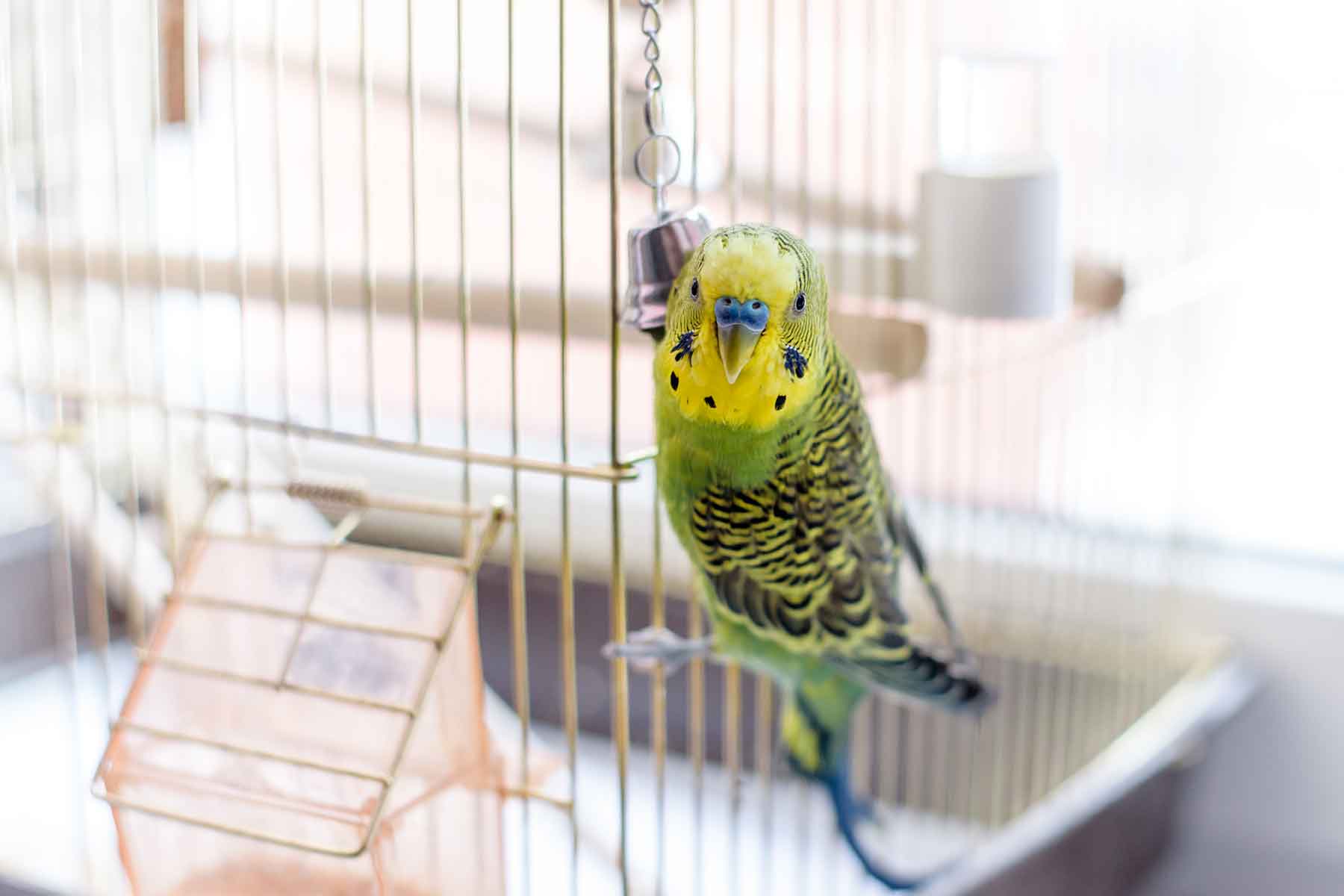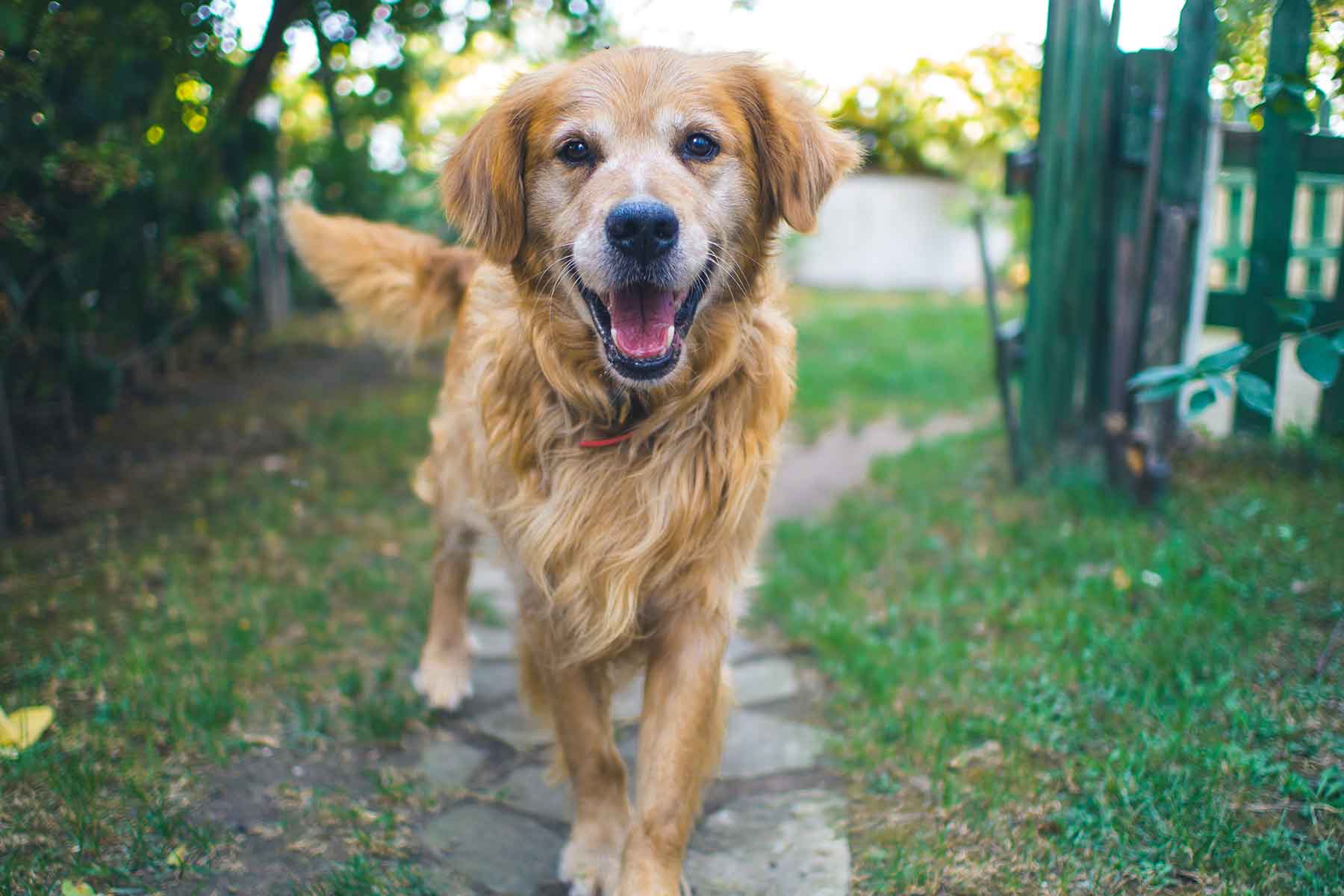Cats are living longer than ever. With improvements in nutrition and veterinary medicine including vaccines and therapeutic agents, cats are living to over 15 years of age and in some cases over 20 years of age. Life expectancy depends on many things, including one important factor – whether your cat is an indoor-only cat or an outdoor cat.
Indoor cats generally live from 12-18 years of age. Many may live to be in their early 20s. The oldest reported cat, Creme Puff lived to be an amazing 38 years old.
Outdoor cats generally live shorter lives due to being more likely to be involved in traumas such as motor vehicle accidents or dog attacks. Outdoor cats are also more susceptible to several life threatening viruses including Feline Immunodeficiency Virus (FIV) and Feline Leukaemia that are spread by fighting or contact with an infected cat.
Keeping your feline fit and healthy
There are many things you can do to help your feline friend live happily through their golden years.
- Observation – your role is essential in noticing small changes to your cat’s behaviour or general well being. You can do this by performing a weekly mini-physical examination yourself (if you are unsure about how to do this, ask us next time your cat visits).
- Also be on the lookout for changes in water intake, appetite, breathing patterns, coat quality, lumps and bumps, coughing, physical abilities, toileting habits and even grooming habits.
- Routine vaccinations
- Regular veterinary check-ups including a physical examination (find out more here)
- Balanced diet to suit your cat’s age
- Maintain a healthy weight range
- Exercise – regularly engage in moderate playtime
- Provide a stress free environment
What happens as a cat ages?
The ageing process is accompanied by many physical and behavioural changes:
- The immune system of older cats is less able to fend off foreign invaders.
- The skin is thinner and less elastic, has reduced blood circulation, and is more prone to infection.
- Older cats groom themselves less effectively than do younger cats, sometimes resulting in hair matting, skin odour, and inflammation.
- The claws of ageing felines are often overgrown, thick and brittle and will need to be clipped more often.
- Hearing loss is common in cats of advanced age.
- Ageing is also accompanied by many changes in the eyes. A slight haziness of the lens is a common age-related change and in most cases does not decrease a cat’s vision to any appreciable extent. However, several diseases-especially those associated with high blood pressure can seriously and irreversibly impair a cat’s ability to see.
- Dental disease is extremely common in older cats and can hinder eating and cause significant pain.
- Although many different diseases can cause a loss of appetite, in healthy senior cats, a decreased sense of smell may be partially responsible for a loss of interest in eating. However, the discomfort associated with dental disease is a more likely cause of reluctance to eat.
- Feline kidneys undergo a number of age-related changes that may ultimately lead to impaired function; kidney failure is a common disease in older cats, and its signs are extremely varied. Picking up changes in the kidneys early, will provide a better quality of life.
- Degenerative joint disease, or arthritis, is common in older cats. Although most arthritic cats don’t become overly lame, they may have difficulty gaining access to litter boxes and food and water dishes, particularly if they have to jump or climb stairs to get to them. Cats with arthritis or joint disease may groom less and are less inclined to appreciate a pat over the back or tail area.
- Hyperthyroidism (often resulting in over activity); hypertension (high blood pressure); diabetes mellitus; inflammatory bowel disease; and cancer are all examples of conditions that, though sometimes seen in younger cats, become more prevalent in cats as they age.
- In humans, ageing changes in the brain contribute to a loss of memory and alterations in personality commonly referred to as senility. Similar signs are seen in elderly cats: wandering, excessive meowing, apparent disorientation, and avoidance of social interaction.
Information adapted from Cornell Feline Health Centre
What Your Local Vet Can Do
If you have an ageing feline friend, we’re sure you want to ensure they live a long and happy life. We offer free dental health checks so that we’re able to identify any signs of dental disease in your cat, vaccinations, cat boarding and more – contact your nearest vet clinic today.
Total Wellness Plan
Enjoy greater convenience and peace of mind with the Total Wellness Plan. As part of our annual healthcare plan you will receive unlimited consultations*, annual vaccination, monthly parasite control delivered direct to your door and more, meaning that you can focus on your cat living a long and happy life without the stress – join the Total Wellness Plan today.
*For Classic plan members only.

